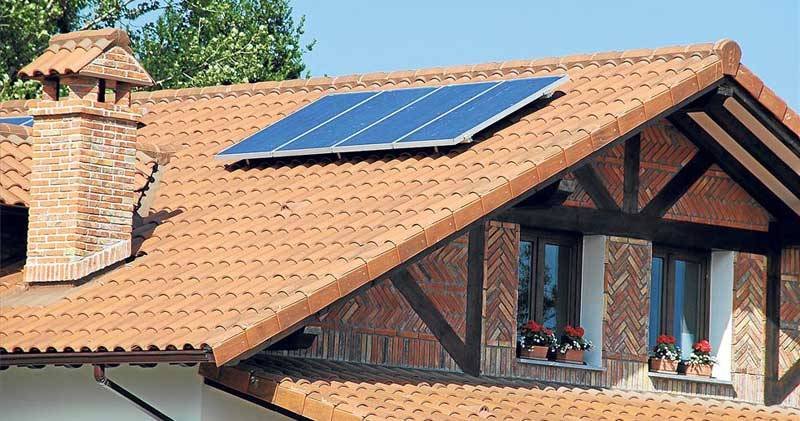Member/Partner News
The new regulation boosts the deployment of self-consumption in Spain

- In 2019, 459 MW of new PV capacity for self-consumption was installed, a figure that doubles the capacity added in 2018, 235 MW.
- Self-consumption has demonstrated its competitiveness especially in the industrial and commercial industry, where more and more companies choose this technology to cut their energy costs and increase their competitiveness.
- The elimination of administrative barriers at regional level and a redesign of the electricity tariff in line with the principles of ecological transition, among the key pending issues for the Spanish PV sector.
According to the data released by the Spanish PV Association (UNEF), in 2019 in Spain 459 MW of new PV capacity was added in self-consumption installations, which doubles the installed power in 2018, which was of 235 MW.
Of these 459 MW, UNEF estimates that 10% correspond to off-grid self-consumption installations, and 90% to projects connected to the electricity grid. As for sectors, UNEF estimates that the majority of this new capacity (between 50-60%) has been installed in the industrial sector, 30-40% in the commercial sector and 10% in the residential sector.
These figures show that a growing number of citizens, companies and representatives of the Public Administration choose this technology to cut their energy costs and the carbon footprint of their activity, thus contributing to the fight against climate change.
This remarkable deployment of self-consumption has been boosted by the new liberalized regulatory framework defined in 2019 which eliminated economic and administrative barriers, such as the so-called “sun tax”; introduced the possibility of installing collective self-consumption projects; and gave self-consumers the possibility to receive an economic compensation for the energy they put into the grid.
An electricity tariff in line with the principles of the ecological transition, among the key pending issues to boost self-consumption
Among the main pending issues is the definition of an electricity tariff design that is in line with the process of ecological transition and that eliminates the existing barriers to self-consumption, energy efficiency and the electric vehicle. The philosophy of paying based on what is consumed has proven to be the most effective in encouraging a rational use of energy.
Other relevant issues are the development of the National Self-Consumption Strategy with the definition of specific objectives for this technology, as well as the elimination of administrative barriers that still exist at regional level.
![Global Solar Council [logo]](/static/images/gsc-logo-horizontal.svg)